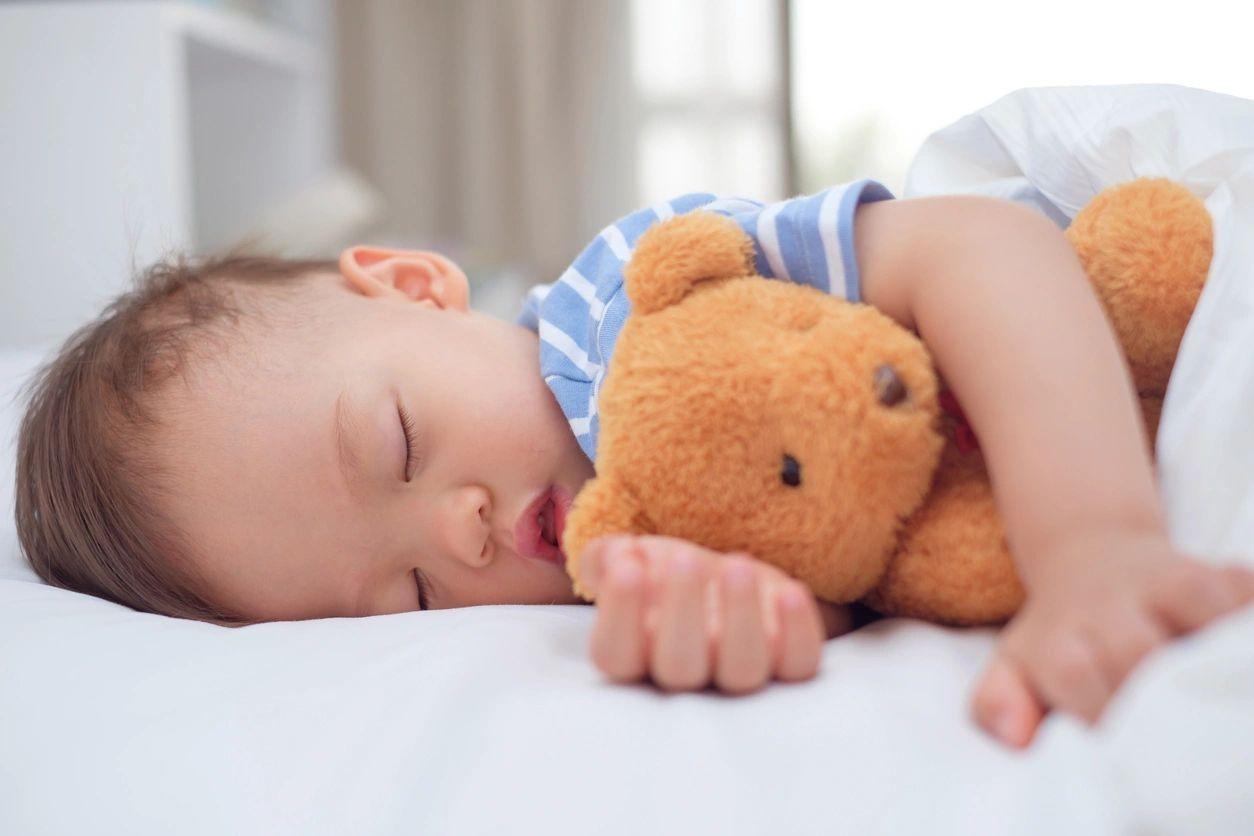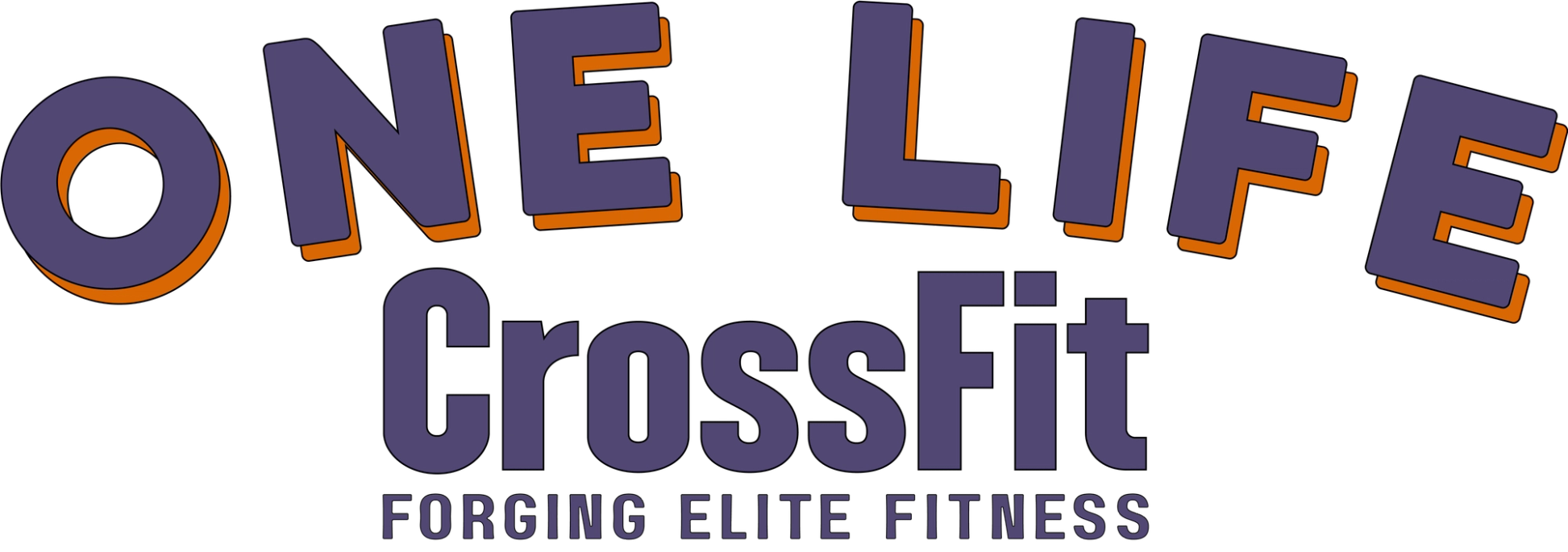RX+ Sleeping for Quality
The feeling of waking up like the people in the Folgers commercials may feel like the furthest thing from the real world, and you are probably right. Sleep i...

The feeling of waking up like the people in the Folgers commercials may feel like the furthest thing from the real world, and you are probably right. Sleep is the activity humans do more in our lives more than anything else. More than eating, working out, or overthinking about that meeting we have with HR because someone took your joke out of context… So why is sleep so disregarded in the health and fitness space? To the point that most people do not even know what good sleep is, the benefits of good sleep, what hurts our sleep, how to improve our sleep, and what the effects of bad sleep can do to our bodies. As you read this article, I hope to answer all of those deep questions for you, and don’t take it personally, we can all improve our sleep.
Let’s start with the basics of sleeping for adults. What is good sleep? Good sleep is prioritized in your life, and it is a choice you have to make everyday. Good sleep is sleeping between 7-9 hours, and I know most people are not meeting this metric, about 80% of America does not get enough sleep, but this is the time frame that we are looking to achieve. The amount of time we need to sleep changes depending on what we did during the previous day, and the larger the amount of strain you put on yourself, both physically from working out but also mental/stress strain, will add additional time required that we need to fully recover. Our sleep should be consistent and uninterrupted, that means waking up to pee 2x a night is hurting our sleep. Your sleep should have proper sleep cycles, light sleep, deep sleep, and REM sleep, which we can track with devices like a Garmin watch, Oura ring, or a Whoop Band. This information is less helpful in actually improving your sleep in the beginning, but is important to refine your sleep as it begins to improve. And good sleep should be routine, in the routine you make before bed, the routine of sleeping well during the night, and the routine of feeling rested in the morning. For example, here is my daily routine before I go to bed:
- 4:00/4:30 eat dinner
- 5:30/6:00 eat a high protein, low sugar snack
- 6:30 drink electrolytes + creatine to help with recovery
- 7:00 10 minute sauna & shower
- 7:30/8:00 in bed to wind down
- 8:30/9:00 asleep
- 4:30/5:00 awake (even on the weekend!)
The benefits of good sleep are connected to everything in your body and impact every system in you. Getting good sleep improves our workouts! Sleep helps our bodies to recover from the strain and stress of the prior day, and will improve your ability to put additional strain on yourself during tomorrows workout. This extends to our energy levels (free pre-workout) and endurance during long conditioning pieces. Not only physical benefits are seen from sleep, so are cognitive benefits. Good sleep improves our problem solving abilities, memory, learning, focus, and mental clarity during the day. These cognitive benefits might even make you feel young again. Our hormones, immune system, and mental health all will improve with consistently good sleep. Sleep helps to balance hormones like cortisol, the stress hormone, and insulin, the hormone that regulates blood sugar, the immune system will be better prepared to fight off illness and reduce the amount of times you are sick, and on average humans who get better sleep are less likely to be affected by depression, anxiety, and other mental health issues. When you prioritize sleep, you prioritize YOU!
Now we know what good sleep is, and what metrics we should be aiming for, lets talk about the elephant in the room. What hurts our sleep. There are TONS of things and choices that can hurt our sleep, and if we are aware of them it can help us avoid them before bed time. For specific sleep faults and tips to fix them:
- Eating food too close to bed time - eating 3 hours before bed time is the ideal
- Viewing screens, i.e. TV’s, phones, or computers - put them away 1 hour before bed
- Being too hot prevents your brain from “cooling down” - try to keep your room between 68-72 *Showers right before bed can also help us get hot from the water, and then cool down*
- Going to bed late on the weekends - Hurts our consistency and routine, go to bed early!
- Late night coffee break - Pause caffeine 8 hours before bedtime
- Not feeling tired - Exercise regularly and with intensity, but not closer than 4 hours before sleep
- Napping during the day - Avoid naps and save that sleep for the night time
- Waking up to pee - stop drinking fluids for at least an hour before bed
- Using your room for anything other than sleeping - do work, homework, read, and TV in other rooms
- Alcohol - See below
Alcohol before bed, I know I am Mr. No Fun, I am truly sorry. But it ruins your sleep. While alcohol is a “downer” and can help you feel drowsy and fall asleep, the problems associated with alcohol during sleep are real and hampering your sleep goals. Alcohol hurts the sleep stages that we need to feel rested, specifically deep sleep and REM, and fragments our sleep causing us to wake up in the second half of our sleep as the affects of alcohol wear off with time. Alcohol is also a Diuretic that will cause increased mid-sleep pee breaks, hurting our consistency, and to your spouses dismay- it increases snoring. Alcohol may be something you partake it daily, weekly, or rarely, but if you do drink, try to consume alcohol no closer than 4 hours before bed. This gives your body the time to process and remove the alcohol molecules in our body before bed, for the youngsters this is also called “Day Drinking” or attending a “Dayger”. Additionally, a lot of friends will tell me “a glass of wine before bed is good for you, I saw the studies” and I want you to ask yourself if that study had more to do with the wine lowering your chances at heart disease, or if those individuals who can afford a glass or bottle a wine a day, were also living healthy lives in spite of the wine. I believe it was the latter.
From personal experience, getting good sleep is similar to a healthy diet or a great fitness routine, there is no end. When I had my son, my sleep suffered, but only for a bit! Atlas sleeps from 7pm-7am daily and has since the 6 week mark. That kid is a sleep legend! But my wife and I have also prioritized his sleep routine before bed, and it has paid off. Saying no to doing things late at night that change or hurt our routine, are just not worth it for us. In the long term, the benefits of good sleep cannot be banked or saved like money. During the day the choices we make set us up for tomorrow, and I empower you to take some of these tips and implant them into your daily routine. As a wise man once said,”If you do not sacrifice for what you want, what you want becomes the sacrifice.” Chose good sleep.
If you made it this far, you might be interested in more! One Life Crossfit is now offering dedicated coaching alongside our group fitness classes and personal training. This dedicated coach service includes nutrition coaching, sleep coaching, and accountability coaching. The link below will generate an email for you to fill out and send to the team, so we can set up a call to better understand your goals and how we can help you achieve them.
If want to learn more about dedicated coaching at One Life, click here!
Alternate ending.
I know that’s a lot. Making these changes in your life is going to be really hard and will need to be incremental. We can help you make these changes. We’ll check where your at, give you the right information at the right time and hold you accountable. Send us an email and we can discuss setting you up with a dedicated coach.
Coach Jack - CFL1
